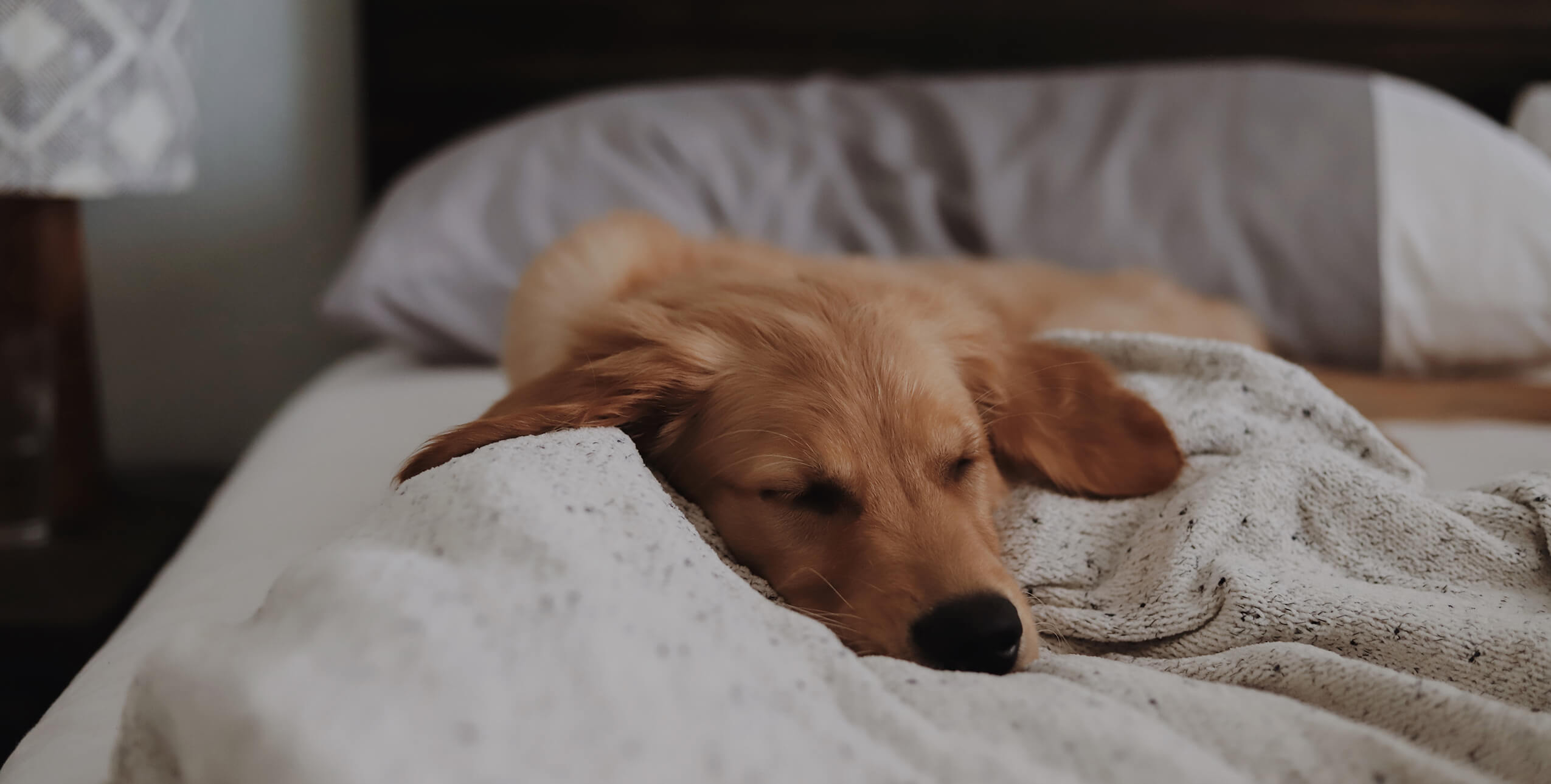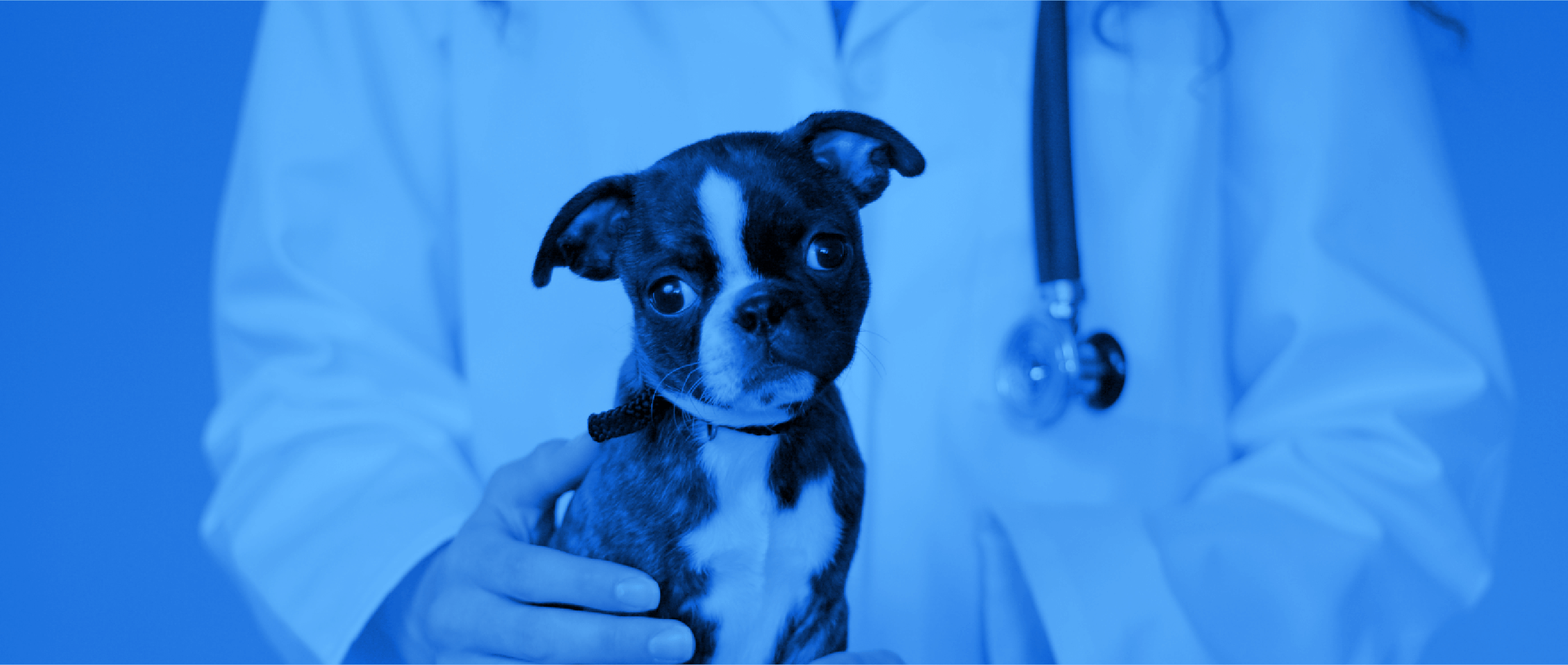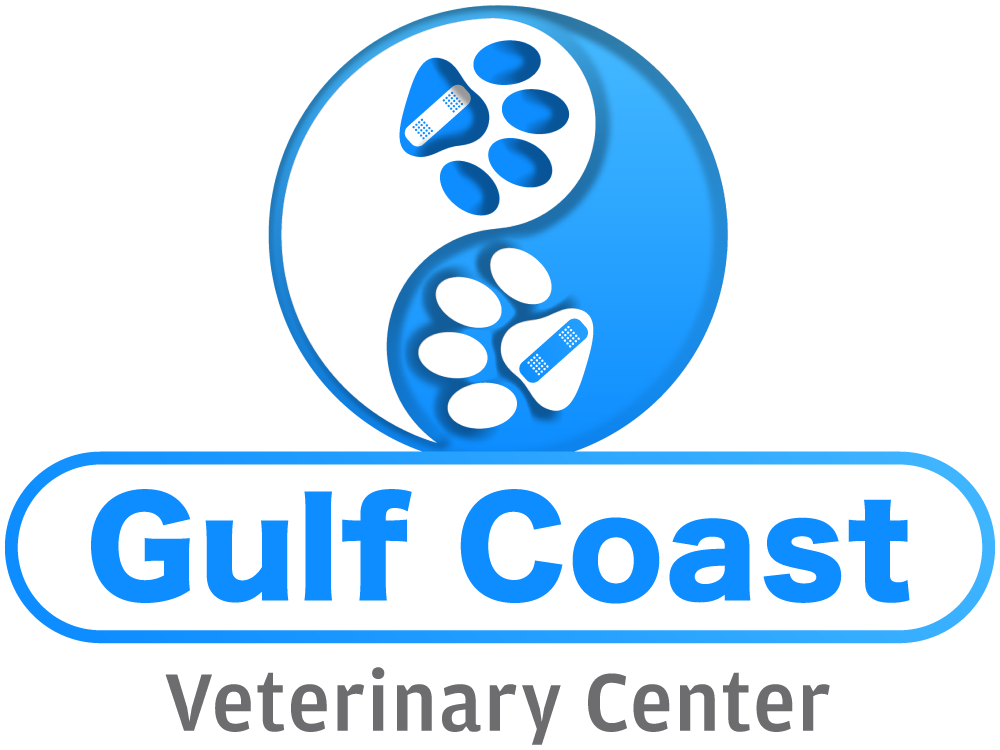
Book Your Pet's
Anesthesia Appointment Today
Book Appointment Today

Anesthesia
Animals and Anesthesia
Some veterinary procedures, like dentistry and surgery, need to be performed with your pet under anesthesia. It’s important because when they are unconsciousness, they don't feel pain and don't move. While it may be scary knowing your pet is under anesthesia, at Gulf Coast Veterinary Center, our focus is on surgical excellence, customized compassionate care and open communication. Your pet will receive safe, comprehensive, advanced anesthesia care from our staff of caring professionals. From major and minor surgeries to diagnostic procedures, we can meet your pet’s anesthetic needs.
During Anesthesia
Our highly skilled staff continuously monitors our patients while they are under anesthesia. This may include:
- Intravenous fluids and/or medications to support your pet's circulation and blood pressure
- A tube inserted into your pet's trachea (windpipe) to deliver the anesthetic gas and provide oxygen to the lungs
- Pulse oximetry to measure the oxygenation of your pet's blood
- Blood pressure monitoring
- Temperature monitoring and warming blankets to prevent hypothermia (low body temperature)
- Electrocardiography to monitor your pet's heart.
After Anesthesia
We continued to monitor our patients to make sure they are recovering normally. They are kept warm with blankets, and if necessary, they may be given fluids or medication, depending on your pet's condition.
Your Pet and Anesthesia
The American Veterinary Medical Association recommends you follow these guidelines before your pet is anesthetized.
- Let your veterinarian know if your pet has ever had a reaction to sedation or anesthesia
- Make sure your veterinarian is aware of all medications and supplements (including over-the-counter products) your pet is receiving
- Keep your pet healthy with regular preventive care
- Keep your pet at a healthy weight
- Take steps to prevent injuries to your pet whenever possible (avoiding emergencies that may require anesthesia)
- Follow your veterinarian's instructions before anesthesia, especially about withholding food and/or water
- Follow your veterinarian's instructions regarding any medications you should – or should not – give to your pet prior to anesthesia
When you trust our dedicated health care professionals to manage your pet’s anesthetic care, you can rest assured that safety, efficacy and comfort are always foremost in our minds.



FAQs
1. How do you prepare for giving anesthesia to pets?
We perform a full physical exam and medical history review prior to surgery to ensure your pet is ready to undergo the anesthesia necessary for the procedure. We may also perform blood tests to check for any indications of a developing medical problem or anesthetic risk.
2. Is anesthesia always used for procedures?
Most patients will go under anesthesia for their surgery; however, some minor biopsies and mass removals may be performed with sedation and local anesthetics.
3. How can I prepare my pet for sedation or anesthesia?
It is important to not feed your pet after midnight the night before the procedure. Your dog or cat must have an empty stomach to be sedated.
4. How does sedation work?
We give injectable drugs to our patients to help them feel sleepy. They aren’t completely under anesthesia; they can still lift their heads, hear us, see us, feel us, and move their legs, but they don’t sense pain. We use these drugs for short procedures and to help fearful pets feel more comfortable during procedures like x-rays.
5. How does anesthesia work?
We give our patients injectable medications and an inhalant anesthetic that delivers the medication as gas to their lungs. This is similar to laughing gas at a human dentist’s office but is much more potent. We use this for invasive procedures, such as procedures involving the abdomen.
6. How long will the anesthesia affect my pet?
Most animals are very groggy after their surgery and will recover from the anesthesia 24-48 hours after their procedure. Some pets may experience soft stool, or changes in their appetite for a few days which, similar to humans undergoing surgery, is very normal.


